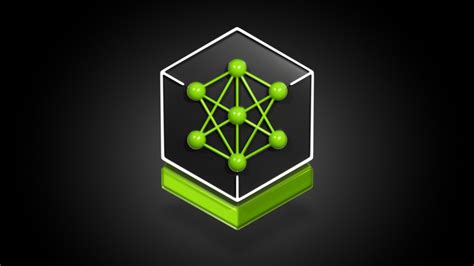Nvidia recently unveiled a trio of cutting-edge NIM microservices designed to bolster control and safety measures for AI agents within enterprises. These microservices are crafted as incremental tools that play pivotal roles within larger applications, ensuring an added layer of security and operational efficiency.
“By applying multiple lightweight, specialized models as guardrails, developers can cover gaps that may occur when only more general global policies and protections exist — as a one-size-fits-all approach doesn’t properly secure and control complex agentic AI workflows,”
The first new NIM service concentrates on content safety, striving to thwart any potential generation of harmful or biased outputs by the AI agent. This proactive measure aligns with the growing concern around ethical AI practices and mitigating risks associated with algorithmic biases.
Another critical addition is a NIM service dedicated to steering conversations towards approved topics exclusively. This not only maintains discussions within appropriate boundaries but also ensures compliance with organizational guidelines and regulatory standards.
“It seems that AI companies may be starting to catch on that getting enterprises to adopt their AI agent technology is not going to be as simple as they initially thought.”
Lastly, the third NIM service acts as a safeguard against jailbreak attempts, preventing unauthorized removal of software restrictions that could compromise system integrity. Such preventive measures are crucial in fortifying the resilience of AI frameworks against malicious exploitation.
These innovative NIM microservices seamlessly integrate into Nvidia NeMo Guardrails – an existing suite of open-source tools aimed at empowering companies to elevate their AI applications’ performance and security posture.
Expert analysts suggest that while there is immense potential for widespread adoption of AI agents in enterprise settings, challenges persist in gaining traction due to concerns over data privacy, ethics, and regulatory compliance. The evolving landscape demands robust solutions like Nvidia’s latest offerings to assuage apprehensions surrounding the deployment of advanced AI technologies.
According to Salesforce CEO Marc Benioff’s optimistic projection on exponential agent proliferation within their ecosystem, industry realities present a more nuanced outlook. Studies indicate a gradual uptake among enterprises regarding the integration of AI agents into their operations, signaling cautious optimism tempered by practical considerations.
A recent Deloitte study forecasting a significant rise in enterprise adoption rates underscores the growing relevance of artificial intelligence in transforming business processes and enhancing customer experiences. However, bridging the gap between interest and implementation necessitates comprehensive frameworks like Nvidia’s proactive initiatives.
Nvidia’s strategic move towards enhancing trust and reliability in adopting AI agents signifies a broader industry shift towards embedding transparency and accountability at every stage of technological advancement. As organizations navigate the intricacies of incorporating intelligent automation into their workflows, scalable solutions offering robust safeguards become indispensable allies in driving digital transformation agendas forward.
In essence, Nvidia’s latest endeavors aim not just at promoting innovation but also at fostering a culture where responsible AI practices form the bedrock of sustainable growth strategies—an imperative resonating across diverse sectors seeking to harness artificial intelligence for competitive advantage.









Leave feedback about this